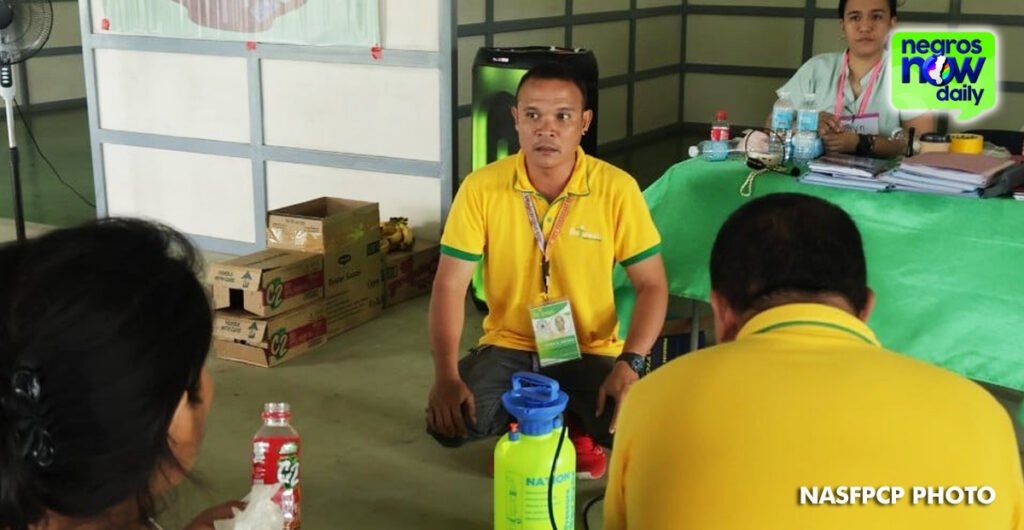• CHERYL G. CRUZ
Eleven towns and cities of Negros Oriental are still categorized as red zone, or areas infected by the African swine fever (ASF), the DA-Bureau of Animal Industry said in its latest ASF status report.
These include the capital Dumaguete City, Bayawan City, and Tanjay City, as well as the towns of Bacong, Basay, Bindoy, Dauin, Pamplona, Siaton, Sibulan, and Zamboanguita.
Jimalalud, La Libertad, and Valencia are under the surveillance, or yellow zone, while the rest are categorized as pink, or buffer zone.

The BAI had explained that a yellow zone covers areas where ASF has not been detected, but are adjacent to the pink zone. The latter’s category means that ASF is not present but these areas are next to an infected zone.
In Negros Occidental, Sipalay is still the lone city under the protected or light green zone, while Bago, Candoni, Cauayan, Himamaylan, Hinoba-an, and Sagay are in the yellow zone.
The rest of the LGUs, including the highly-urbanized Bacolod City, are categorized as buffer zone.
A biosecurity champions training, aimed at empowering farmers from barangays Kalumboyan and Nangka in Bayawan with practical knowledge and cost-effective biosecurity measures to continuously prevent ASF from their communities, was held early this month in the city.
Pig raisers from Bayawan also visited model farms in neighboring Bais to observe firsthand how they can build effective and affordable biosecurity practices, the National African Swine Fever Prevention and Control Program (NASFPCP), the official page of the DA-BAI in its campaign to prevent and control ASF, recently posted.
It added that Bais has successfully adopted sustainable and cost-saving biosecurity measures through the Community African Swine Fever Biosecurity Interventions program, which is continuously being implemented in the city.
Training participants deepened their understanding of ASF and its impact on pig production, the NASFPCP said, adding that recommended practices, such as proper cleaning and disinfection; waste management and compliance with biosecurity policies at both local and national levels; and the importance of biosecurity measures in protecting the Visayan warty pig and other native pig species were also tackled. | CGC



